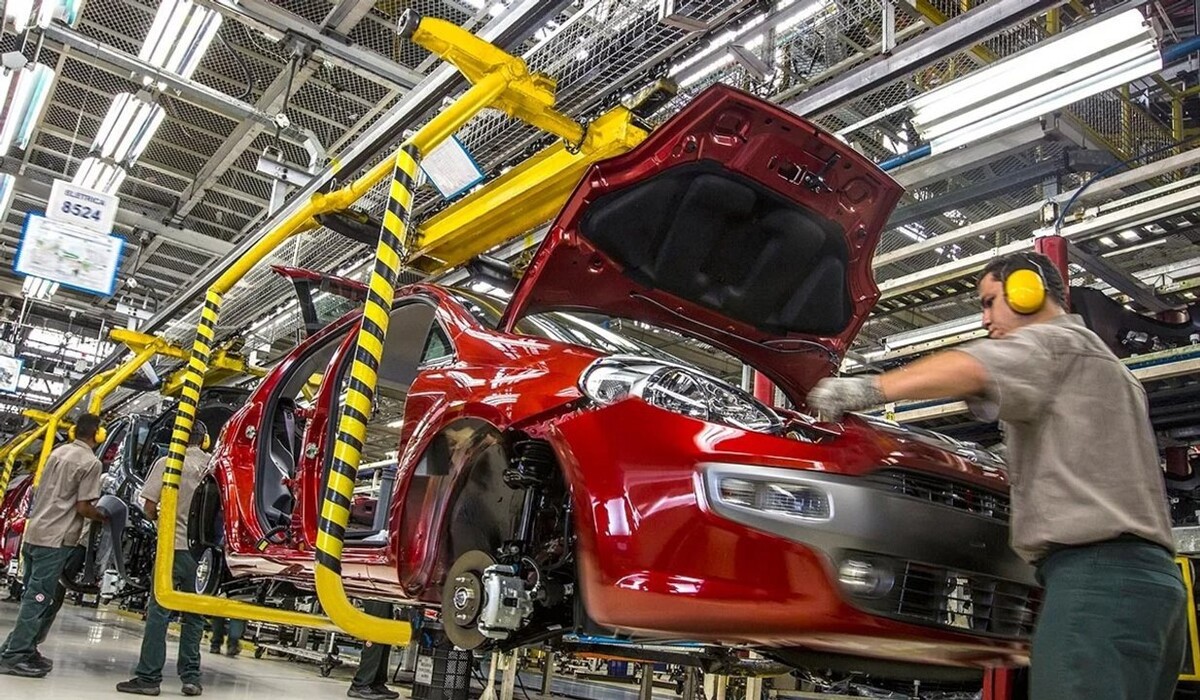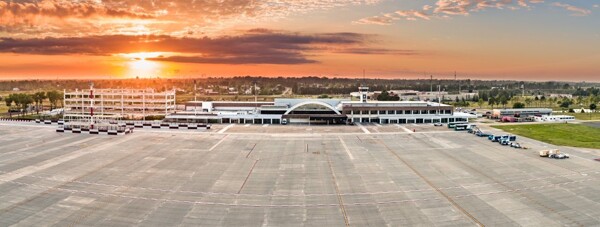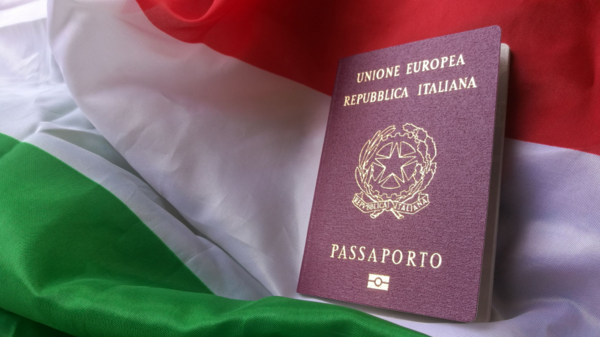
Argentine automotive factories are experiencing a decline in their exports due to reduced demand from Brazil, which has been affected by the rise in interest rates and the devaluation of the real implemented by Lula Da Silva's government. This situation has impacted the competitiveness of Argentine vehicles, leading the Brazilian manufacturers' association (ANFAVEA) to lower its sales forecasts for this year.
According to data from the Association of Automotive Manufacturers (ADEFA), exports of Argentine vehicles to Brazil have fallen by 32% so far this year compared to the same period in 2024. In total, exports from the sector have decreased by 13.5%, also influenced by the contraction of markets such as Colombia and Peru, although partly offset by the increase in sales in Central America.
One of the most notable impacts of this decline will be seen at the General Motors plant in Rosario, where production will be halted for three weeks starting March 25 to adjust to the lower demand. This decline in demand in Brazil could result in temporary shutdowns at other GM plants, such as those located in San Caetano do Sul, Gravataí, and São José dos Campos.
In Argentina, GM's subsidiary had already faced difficulties in its production pace, with periods of inactivity and a voluntary retirement plan for 300 of its 600 workers. Despite the crisis situation, the automaker plans to invest 50 million dollars for the renewal of the Tracker, which will entail another production pause in June to prepare the plant. During this period, workers will receive 75% of their wages, according to the agreement with the Smata union.
The Alvear factory is responsible for producing the Tracker model, which is also assembled in Brazil.













